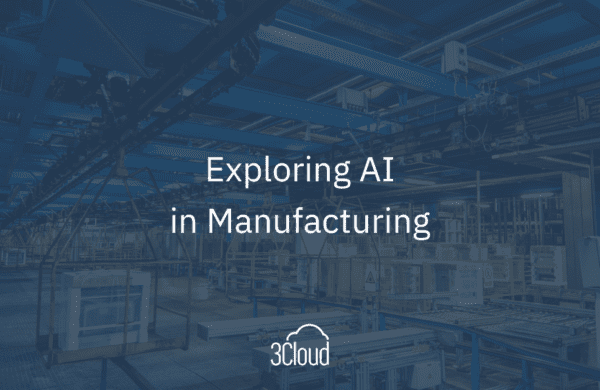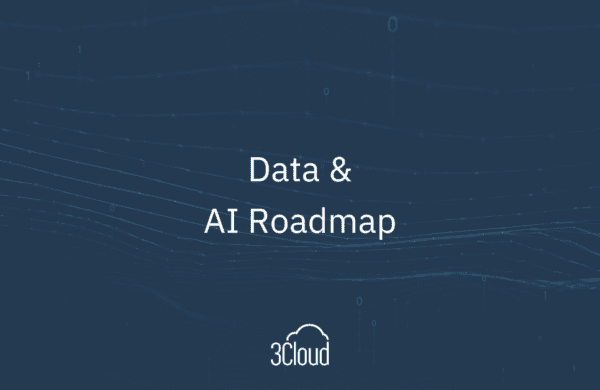Are you considering implementing artificial intelligence (AI) into workflows in your organization? If so, you’ve made the right choice; doing so can make some seriously positive impacts on your business.
However, if you want to take advantage of all AI has to offer, you’ll need a plan for success. The best way to do that is to be informed about the most important ins and outs of AI such as how to integrate it into corporate culture and how to ensure that initiatives are sustainable, ethical, and aligned with your organizational goals.
Keep reading to find out answers to some of the most frequently asked questions surrounding implementing AI in your organization.
What factors should business leaders focus on when trying to integrate AI into their culture?
Integrating AI into business culture is an exciting opportunity that can help streamline processes and increase productivity. The best way to take full advantage of all AI has to offer is by focusing on a few key points.
Perhaps the most important thing to focus on is fostering a culture for AI in the workplace. It’s a good idea to spend some time educating employees about the benefits of AI and how it can help make their jobs easier. The key is to ensure that AI is perceived as a helpful tool rather than a threat.
It’s also a good idea to ensure you promote a culture of ethical use of AI. This means that you’ll need rules and guidelines that make it easy for employees to determine ethical use of large language models.
How does AI align with your business objectives and values?
AI technology can make huge improvements in many areas within your business. Part of harnessing all that AI software has to offer is understanding which of these areas apply to you.
AI is an effective tool that, when used properly, can make all the difference. You’ll need to consider what key objectives you can accomplish by integrating AI. Some examples of these objectives include improving customer experiences, increasing revenue, and optimizing workflows.
You should also think about how AI applications align with your company’s values. What areas of business are the most important to you? If customer service is at the forefront, for example, consider using AI to automate customer interactions. This might look like deploying an AI-powered chat that answers commonly asked questions, for example.
What training and resources do employees need to understand and work with AI?
There’s no doubt that implementing AI and machine learning technologies can make a positive impact on businesses. How impactful it is, however, depends on the people using it. Lack of training and resources can doom an AI strategy to failure.
Luckily, there are plenty of training options and resources available. Each company employee who will use AI in their role should undergo detailed training that covers how to use the technology, what rules and regulations they are expected to follow, and what they can do if they have any questions along the way.
You can also choose to work with a team of AI experts such as 3Cloud, who can help your organization level up quickly with this new technology. By teaming up with AI technology experts, you can avoid mistakes that can ultimately make the transition more difficult.
Fears and Resistance Related to AI Adoption
Even when introducing new tools into your workflows is sure to usher in positive change, you’ll still need to account for opposition. Employees might be resistant to learning new technology and afraid of what implementing AI into the workplace might mean for them.
Luckily, there are a few things you can do to combat fear and resistance to AI in your business. First, encourage management teams to speak positively about artificial intelligence. Employees might be concerned that the introduction of new technology might mean their jobs could be eliminated or that they won’t be as valuable in their roles.
Security and training models are another major concern for many businesses new to the AI world. The easiest way to combat these concerns is by using training models and explaining security measures that are in place to prevent company data leaks.
Ethical Principles to Guide AI Applications
Considering ethical principles is a huge part of introducing AI innovations in the workplace. Some of the main ethical concerns that surround AI include security, biases, discrimination, and job displacement.
The good news is that there are measures in place that combat these concerns.
It’s important to keep in mind that there are laws that govern how data can be used for AI which protect data and make sure it is used responsibly.
Reputable AI software providers also obtain feedback from outside sources and regularly perform audits to ward off discrimination.
How can we foster collaboration between AI experts and other employees?
Fostering collaboration between AI experts and other employees is a great way to supercharge your company’s AI strategy. This is because diverse perspectives can have a profoundly positive impact on how AI is best used in your organization.
The easiest way to facilitate collaboration between experts and other employees is to create open lines of communication between them. There are several ways you can do this, such as creating a forum where the parties can interact. Doing so will not only allow for better innovation but can also improve employee satisfaction by making them feel seen and heard.
How can we create a safe environment for experimentation with AI?
Encouraging experimentation with AI in your organization is a wonderful way to keep employees engaged and facilitate growth. Let’s look at a few ways you can create a safe environment for this experimentation.
One of the most important parts of creating a safe space for AI experimentation is setting clear goals and expectations. When employees understand the root objectives for what they’re doing, it ensures that everyone is on the same page. It’s also a good idea to make updates to these guidelines as your business scales to inspire continuous learning at the employee level.
Ultimately, implementing these ideas can benefit your company by allowing employees to come up with creative solutions for objectives that your organization holds important.
How can we ensure AI solutions are scalable and integrate smoothly with existing systems?
Scaling with AI means that the environment in your organization will change. Although this might sound unsettling, remember that change is a good thing. As your business grows, your objectives and goals will change with it, so recalibrating your AI toolkit is a necessity.
Integrating new processes means that employees will need to be prepared. Committing to regular training sessions and remaining available for any questions or concerns is the best way to champion employee satisfaction throughout the process.
Don’t forget how important it is to create and prioritize a culture in the workplace that hails AI innovation as a tool to achieve goals and make life easier. This practice establishes an open mindset that will make transitions easier for all parties involved.
Integrity and Security of Data in AI Applications
Data governance, or the framework that defines how data is used, managed, and protected, is vital to security with AI applications. You’ll need to define your data governance objectives and use these to craft relevant policies that align with them.
These rules are necessary to safeguard sensitive data and to protect against non-ethical occurrences such as bias and discrimination. Creating a team of experts who are skilled in creating and implementing such policies is a great first step.
How to stay updated on AI advancements?
As your organization becomes more comfortable with using artificial intelligence, you’ll want to stay updated on AI advancements. Being aware of this gives you the information you need to implement recent renovations to streamline processes and create a culture of productivity within your business.
Working alongside experts in AI innovation is the easiest way to stay up to date on such advancements and to be in the know about how they can make a positive impact on your business. Partnering with 3Cloud puts such knowledge and expertise in your back pocket. Ready to get started? Reach out today!




